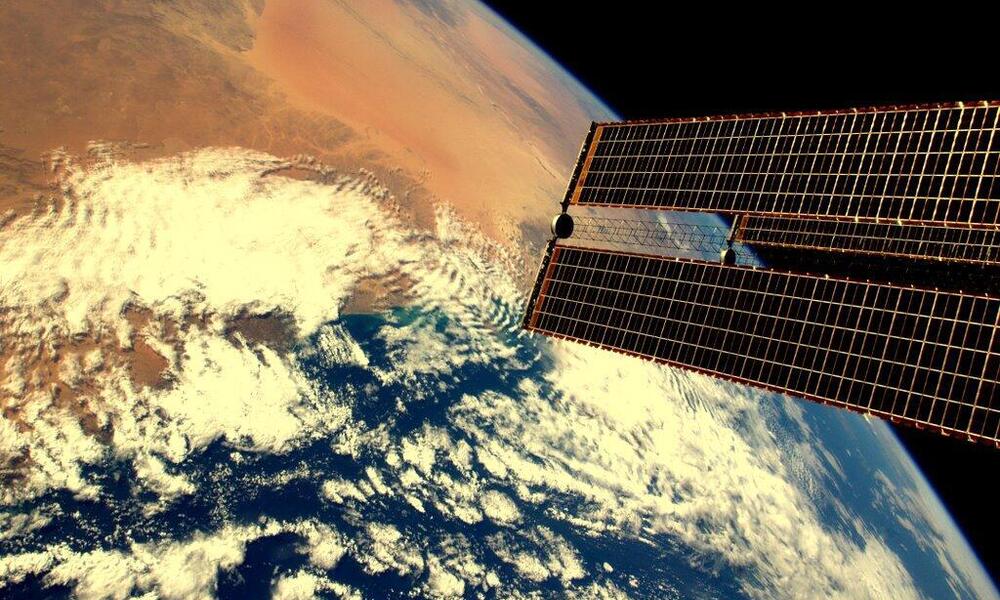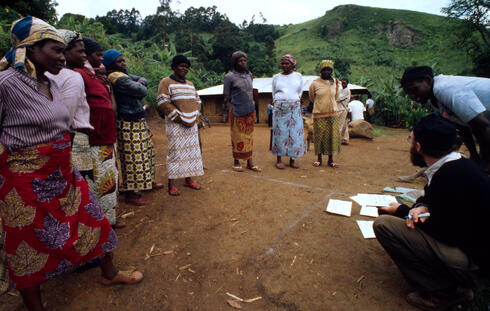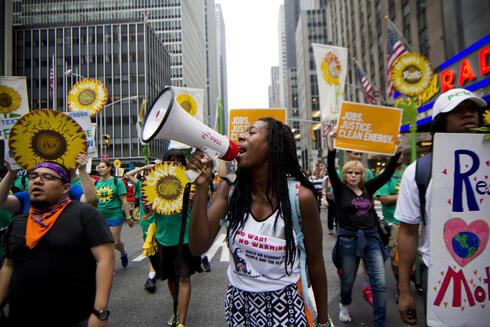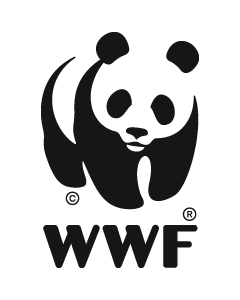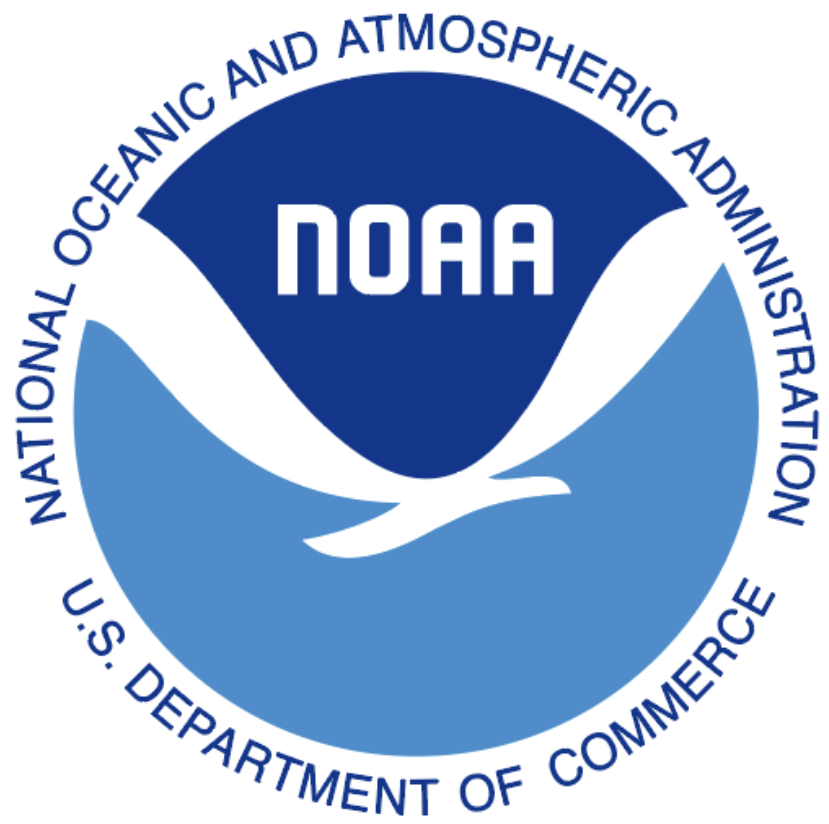While EO data can be used to create such beneficial outcomes, we need to build better understanding to the extent of which they are, and how to improve them if they aren’t. Teaming up with NASA, NOAA, and USGS, WWF is forming a transdisciplinary network of academic, NGO and agency scientists and practitioners, integrating Earth sciences, social sciences, and data sciences. Researchers in this growing network will assess how EO is currently used to benefit society, and how using it can change perceptions, behaviors, and decisions, as well as their resulting social and ecological outcomes. Ultimately, these insights can be used to build new understanding of the role that EO can play in decision-making and guide future technological development of EO toward greater utility.
WWF is already heavily involved in the translation of EO to delivering societal benefits, as a direct user of EO products in its conservation planning and impact monitoring, as an innovator of new EO applications to solve urgent sustainability problems, and as a convener of different audiences who care about planetary stewardship. As core providers of satellite data in the United States, NASA, NOAA and USGS have long funded individual projects to support the development and use of EO; they are now looking for opportunities to scale beyond the individual project level, asking where EO has the greatest potential for rapid adoption and impact. At the same time, all three agencies recognize the importance of understanding how EO can be used as a tool for social and environmental justice, to highlight the inequitable share of challenges faced by marginalized, vulnerable, and disadvantaged communities. WWF’s expertise, spanning engagement in international policy forums to working with local communities around the world puts us in the unique position to address these challenges.
